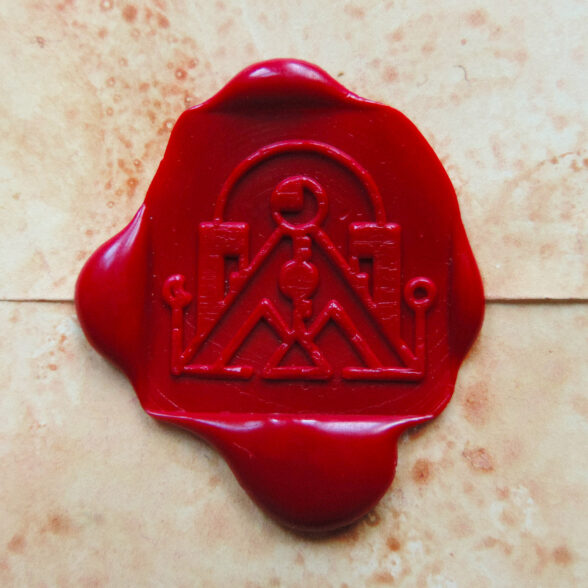

On “Well Rested,” Civilisation II’s swollen final track, KKB blow up the mythmaking to dizzying proportions. KKB’s smart, subtly meta approach allows the song’s power to stem not from what it is, but what it isn’t: If this present is to be our new future, why write a polemic or a tragedy? Scientists have warned of more pandemics arising with greater frequency in the coming years, and aside from its title, “21/04/20” is written and produced without distinct markers of time and place. Like all of Civilisation II, “21/04/20” was produced entirely with vintage hardware, a choice that scans as both aesthetic and conceptual. But around the corners of the frame, things are upset in a casual, resigned sort of way:Īs I sit down to eat, I hear a song riding the breeze “Happy birthday to Eloise” Their mum and dad both let out a cheer They’re gonna throw a party another year And I should take a walk for a bit As I head up the road, a private ambulance zooms off into the distance In silence The lyrics are ambling and diaristic, like a sequel to “Visiting Hours” were you not paying attention, you might not realize it’s a song about lockdown at all. Rather than attempt to capture the stress or anxiety of pandemic isolation, Perry writes about its mundanity. On “present” track “21/04/20,” the spectre of disaster is felt without the need to spell it out. In the context of Civilisation I, the image of the solitary princess suggests a message about the creation-and, by extension, the degradation-of history, bringing to mind the ways in which Indiginous peoples the world over have seen colonial and capitalist forces degrade and destroy their cultural histories, and, by extension, ancient resources on caring for and protecting the Earth. The lyrics recount a fable about a princess trapped in a tower, “painting pictures of the land that made her” as a form of remembrance. Opening with a racing hi-hat rhythm and amiable analog synth, lead single and opener “The Princess and the Clock” feels warm in a way that KKB singles haven’t always straightforward verses give way to a swelling chorus that cuts up and resamples Perry’s voice into a new vocal melody, à la Porter Robinson. KKB describe the songs on Civilisation II as representing past, present, and future, respectively, a concept that feels unnecessary when the music is as intellectually salient and catchy as ever. The conditions of its creation would seem to inspire another EP of soothsaying, but Civilisation II takes a different tack, focusing on the emotional toll of disaster with ingenuity, wit, and a warm, bright sound scrubbed of Time ‘n’ Place’s grit. In the intervening months, grotesque catastrophe has only become more commonplace: Violent wildfires dominated headlines at the beginning of 2020, before the pandemic-and the ways in which it exposed the seemingly bottomless depths of corporate greed and governmental incompetence-took over. On centerpiece “When the Fires Come,” Perry sang about global decline with prophetic economy: “Everybody takes their time making work to do, do, do, do/But no one will be left here to remember us/When the fires come.”Ĭivilisation II, a second three-song EP, arrives over a year later. Though only three tracks long, it hit hard, evoking nightmarish visions of perpetual war and wildfire smoke. If Time ‘n’ Place was colored by personal loss, Civilisation I, the band’s 2019 EP, shifted its gaze to the collective loss engendered by colonialism, capitalism, and global heating. Time ‘n’ Place’s “Visiting Hours,” a verité-style account of Lobban’s trip to see his father in the hospital, is typical KKB 2.0: poignant, emotionally aware, and anxious about modern life. Concurrently, the band’s writing became more precise, less reliant on the deadpan catchphrases that structured early favorites like “ Flamingo.” As hyperpop has become more interested in replicating the memeish terror of the internet-see the abrasive non-sequiturs of 100 gecs-KKB traveled in the other direction, evoking the pathos and bathos of everyday life. In 2018, Time ‘n’ Place took its cues from suburban shoegaze, the indie rock of Phil Elverum, and pop-punk, a musical Venn diagram connected by noise and vivid vignettes.

Since Bonito Generation, KKB have strayed further from hyperpop conventions.


 0 kommentar(er)
0 kommentar(er)
